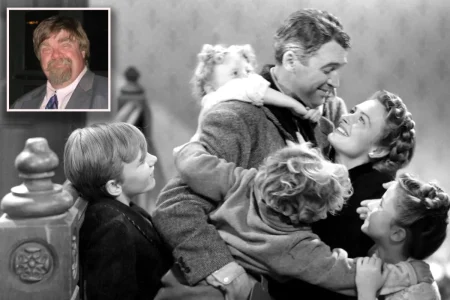Challenged in Utah’s Pursuit of a Convenient Connection:
A woman in Utah, embarking on the demanding journey of nursing school, finds herself contemplating a relationship with a long-time acquaintance. This budding connection, however, is complicated by the man’s ongoing, albeit geographically distant, marriage. He claims to have initiated divorce proceedings multiple times, only to be thwarted by unforeseen circumstances. Uninterested in a serious commitment due to the rigors of her academic pursuits, the woman envisions the relationship as one of convenience, a "friend with benefits" arrangement to provide companionship and alleviate stress. She acknowledges the unconventional nature of the situation, questioning its ethical implications. Abby, recognizing the woman’s awareness of the casual nature of the arrangement and assuming consent from all parties involved, including the estranged wife, offers her pragmatic approval. This response highlights the importance of open communication and mutual agreement in non-traditional relationship structures.
Circled in Minnesota’s Struggle with a Negative Narrative:
A Minnesota resident finds herself in a harmonious partnership, sharing the joys and responsibilities of building a life together. However, a troubling undercurrent disrupts the idyllic surface: their shared social circle consistently praises the partner while subtly criticizing her. She suspects her own behavior might be contributing to this dynamic, as she habitually speaks highly of her partner while noticing a pattern of negative feedback directed towards her. A previous attempt to address this issue with her partner resulted in a deflection, questioning whether she had been discussing him with others. Conscious of never having spoken ill of him, she fears inadvertently creating a "circle of hate" around herself. Abby refutes this notion, emphasizing that the responsibility for addressing concerns lies with her partner. She advises direct communication and firmly establishing boundaries, making it clear that this behavior is unacceptable and must cease. This scenario underscores the importance of open communication and mutual respect within a partnership, urging individuals to address concerns directly rather than relying on external validation or manipulation.
Backwards in Iowa’s Peculiar Dessert Dilemma:
A woman from Iowa grapples with her husband’s unconventional dining habit: he insists on ordering dessert first, requesting it be served before the main course. This behavior, displayed most recently at a large birthday dinner, causes her embarrassment and raises concerns about its propriety. While the husband sees no issue with his preference, the wife perceives it as rude and disruptive. Abby’s response shifts the focus from etiquette to health, questioning the potential implications of this unusual eating pattern on the husband’s well-being. She inquires about his weight, blood sugar levels, family history of diabetes, and medical advice received. While acknowledging the peculiarity of the habit, Abby stops short of labeling it definitively rude, suggesting it may be a form of attention-seeking behavior. This response underscores the importance of considering the underlying motivations behind unusual behaviors and prioritizing health and well-being over strict adherence to social norms.
The Nuances of Modern Relationships and Social Dynamics:
These three distinct scenarios, presented to Dear Abby, offer a glimpse into the complexities of modern relationships and social interactions. From navigating non-traditional relationship structures to addressing negativity within established partnerships and deciphering unusual behaviors, these letters highlight the diverse challenges individuals face in navigating the intricacies of human connection. Abby’s responses, while concise, provide practical advice and encourage open communication, emphasizing the importance of mutual respect, understanding, and prioritization of well-being.
The Evolving Landscape of Etiquette and Personal Preferences:
The "Backwards in Iowa" letter, in particular, raises questions about the evolving nature of etiquette and the acceptance of individual preferences. While certain behaviors may be considered unconventional or even disruptive, the focus shifts towards understanding the underlying motivations and potential consequences. Abby’s response encourages a nuanced perspective, prioritizing health and well-being over strict adherence to traditional dining norms. This reflects a broader societal trend towards greater acceptance of individual differences and a willingness to challenge established conventions.
The Power of Communication and Boundary Setting:
The "Circled in Minnesota" scenario underscores the critical role of communication and boundary setting within relationships. Addressing negative feedback indirectly through third parties can create a toxic environment and erode trust. Abby’s advice emphasizes the importance of direct and honest communication between partners, ensuring that concerns are addressed openly and respectfully. Setting clear boundaries is crucial for maintaining healthy relationships and preventing the perpetuation of harmful behaviors. This advice applies not only to romantic partnerships but also to friendships and professional relationships. Clear communication and established boundaries foster mutual respect and prevent misunderstandings from escalating into larger conflicts.














